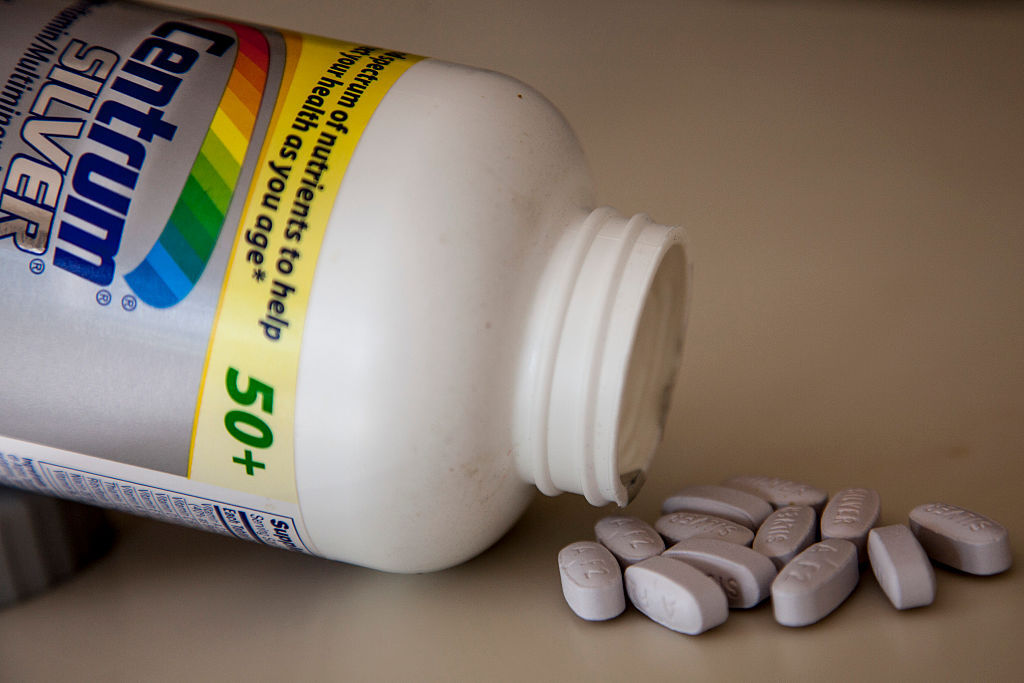Aging is inevitable, but that doesn’t stop us from trying to slow it down. And the easier the intervention, the better.
In a study published in the American Journal of Clinical Nutrition, researchers report that taking a multivitamin that you can buy at the pharmacy can slow cognitive decline associated with aging by as much as two years.
The trial is part of a series led by scientists at Harvard Medical School and Brigham and Women’s Hospital that compared people 60 years or older taking Centrum Silver to those taking a placebo. It was funded by the National Institutes of Health and Mars Edge—a branch of the food company Mars, Inc.—and Haleon, the maker of Centrum, donated the vitamins. None of the sponsors or funders were involved in the design of the study or analysis of the results.
Two previous studies in the series had evaluated the participants over two to three years via phone or web interviews, and those results revealed that people taking a multivitamin daily scored higher on cognitive tests than those taking the placebo. In this latest study, which involved 573 people who were tested in person by the research team, the scientists saw the same benefit. Taken together, all three studies, which involved more than 5,000 volunteers, show that people taking a daily multivitamin for up to three years slowed cognitive brain aging by two years.



There are a lot of reasons to be sceptical of this study.
The main results of the actual study show that the confidence interval for the study includes zero (-0.003, 0.13)], indicating no significant effect. I don’t understand why they are calling that significant.
Also, “ CMV has received research support from Nestlé-Purina Petcare Company, Mars Edge, and American Foundation for Suicide Prevention…
The COcoa Supplement and Multivitamin Outcomes Study (COSMOS) is supported by an investigator-initiated grant from Mars Edge, a segment of Mars dedicated to nutrition research and products“
The only significant results they have come from a meta analysis where its not clear they account for multiple-testing